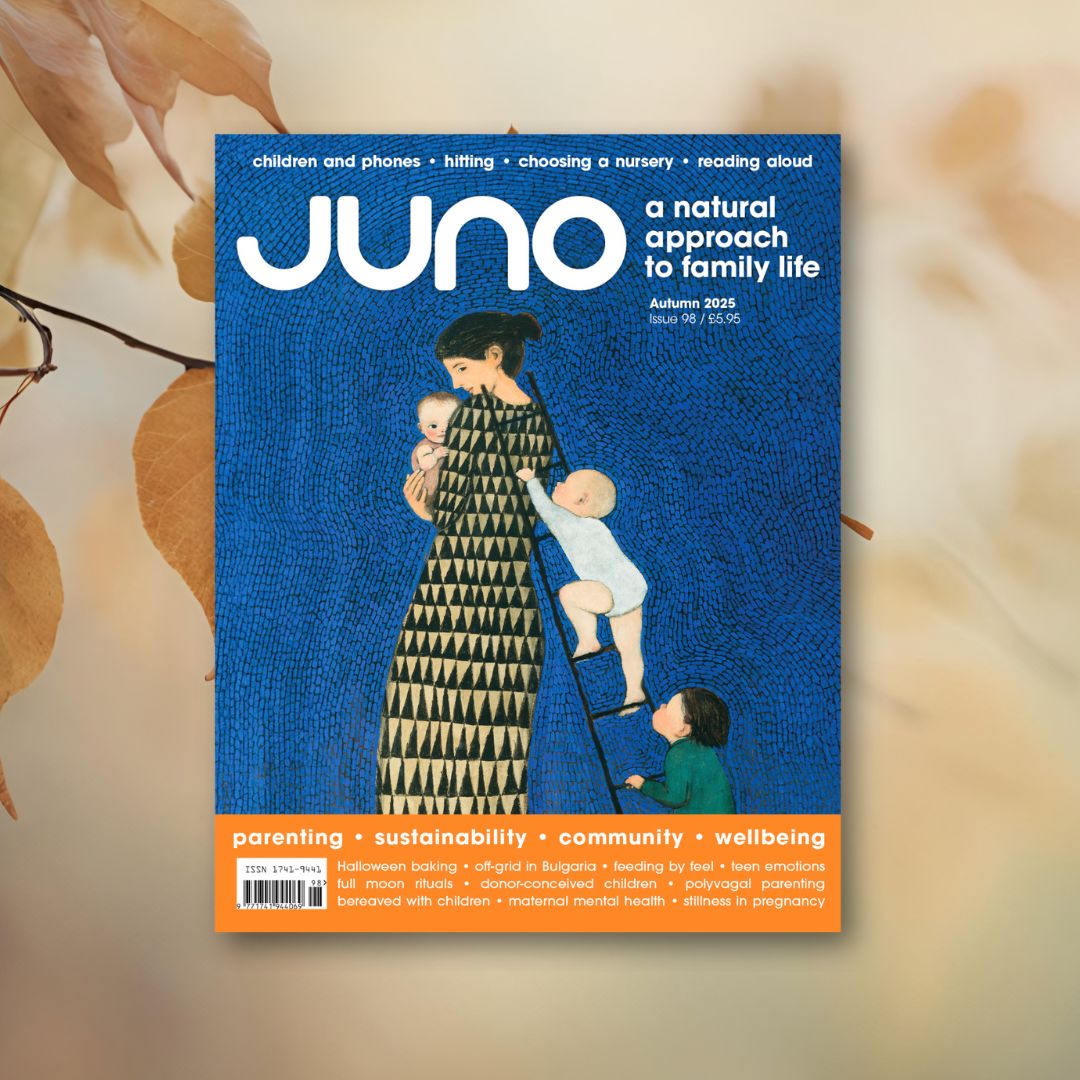There is so much information out there as to the best way to bring up your child. There are themes ranging from discipline, diet and education, to TV watching, play and personal safety, relationships and sexuality and, of course, work and childcare. Sometimes this makes me feel anxious that my children are not always getting the best care and provision.
I have moved five times with young children because of family circumstances. This was not easy. However, it now seems to be a blessing. I have challenged all sorts of beliefs about what is best for my children quite simply because I was not able to control everything. I have seen children in state schools, Steiner schools and home educated. I have seen Muslim children, Christian children and children brought up without religion or with holistic spiritual beliefs. From all of these backgrounds, I have seen children who exude a sense of peace and happiness, who seem confident of their self-worth and are respectful of others, and children who do not.
The value that does seem common to these children is what I call ‘loving acceptance’. They live in families which are able to appreciate the children for who they are. It doesn’t matter how well they do in school or what they eat or how well they socialise or where they are in any aspect of their development. The children know they are perfect exactly as they are. They exude inner peace and tranquillity and have a healthy level of self-awareness. They might not develop exactly as we expect but that doesn’t matter. They are developing into ‘authentic’ human beings; confident of their own self-worth and able to live their own paths in life.
This does not mean that, as parents, we don’t address issues such as how we educate, feed, discipline, play with and relate to our children. It means that we place them under an umbrella of loving acceptance, not fear and control. To have this insight is a relief for me. It’s great to know that if the education, food or anything else that I provide for my child is not as ideal as I would like, that is not the most important thing. This, now I think about it, makes sense. Why would good parenting be dependent on wealth, status, culture or where you are born on the planet?
We are able to make a difference within the framework of our lives. The most important thing is to love and accept our children (as best we can) through their experiences of life.
____
Mary Hill is a mother and writer who is interested in parenting as a spiritual path.
Photo by Tatiana Syrikova
____
First published in issue 11 of JUNO. Accurate at the time this issue went to print.







